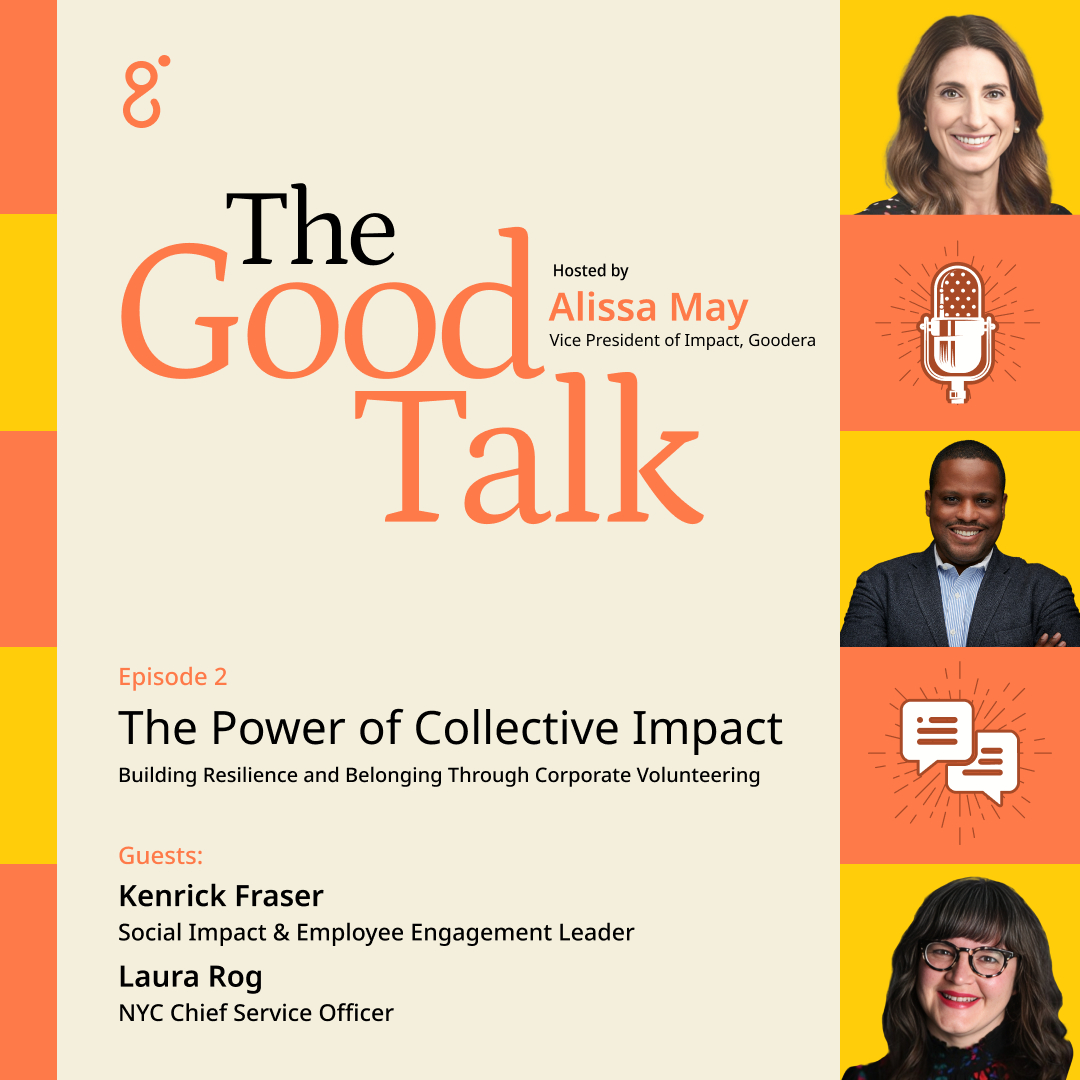Here are the highlights from their conversation, paraphrased in parts for better readability.
Grant: How did you form? And how long has the Rochester chapter been active?
Jacob: The Rochester chapter, now known as Ronald McDonald House Charities Midwest, was founded as Northland Children's Services back in 1980. Initially, we operated a 12-room house, similar to how RMHC started out on the East Coast, with four local families envisioning additional hospitality for those traveling to the Mayo clinic.
In 1990, Northland Children's Services became an officially licensed Ronald McDonald House, thanks to a local McDonald's owner-operator's efforts. Since then, the chapter has expanded twice and now manages a 70-room Ronald McDonald House in Rochester, Minnesota. This facility is the largest in the state, the 13th largest in the United States, and the 18th largest globally among the 387 Ronald McDonald Houses worldwide.
So the fact that we're able to have such a large house, in a relatively small community, all things considered, really speaks to the expertise that's happening at Mayo Clinic. The community takes pride in these achievements and expresses gratitude for the support that we have from our local community.
Grant: Can you talk about how being a part of the organization and seeing this kind of growth feels for you?
Jacob: The first house had only 12 bedrooms, likely not very spacious. Transitioning from those 12 rooms, we moved to a new location, expanded twice, and now boast 70 guestrooms, each guestroom can have up to five family members staying in it, resulting in a daily capacity of 350 people from around the world at our facility on Second Street in Rochester.
It's been quite the journey. Now, our focus is on exploring ways to extend our support to families in neighbouring communities or collaborating with other Mayo clinics.
Grant: Can you talk more about your mission?
Jacob: Our mission is to provide a home away from home for children and families traveling to Rochester for medical care at Mayo Clinic, which is one of the best hospitals.
With Mayo Clinic drawing people from afar for longer durations, our demand has never been higher.
Grant: Can you talk a little bit more about the children and the families that you work with?
Jacob: To stay at a Ronald McDonald House, the child must be 18 or younger, receiving ongoing medical care. This care could be as an inpatient at the hospital or having outpatient care at least four times a week, such as weekly doctor's appointments while in Rochester. Our focus is on providing support when families need serious medical reasons, often related to cancer, tumors, surgeries, or transplants. Stays sometimes become longer, and many families come unprepared for the harsh Minnesota winters or with little notice for emergency situations. Thanks to our community's generosity, we can offer everything else besides the bare essentials, allowing parents to concentrate on their child's health.
Grant: Can you talk about some of the programs that you have for the children and the adults?
Jacob: It's crucial to note that no family is turned away from a Ronald McDonald House due to financial constraints. Staying at our house is entirely cost-free, thanks to generous donations from local individuals, businesses, and corporate partnerships, including support from McDonald's owner-operators.
While our 70 guestrooms may resemble a hotel, walking through the house reveals its true nature as a community living space. Parents often express pride in their children being reluctant to leave the Ronald McDonald House, highlighting the positive impact of our efforts. This sense of disappointment upon departure underscores the value of the community and support we provide, all made possible by the unwavering generosity of our supporters.
Grant: Which program stands out to you the most?
Jacob: Undoubtedly, house dinners stand out as a significant aspect families always appreciate. While we offer snacks for their convenience, having a home-cooked or catered meal available creates a communal space for families to connect. These dinners foster valuable connections among families on similar medical journeys, providing a unique support system. Additionally, our PAW Pals program, featuring pet therapy with trained dogs, is cherished by children and families who miss their own pets. This program brings joy and excitement, with kids eagerly anticipating which dogs will be visiting each day or week. Both initiatives, house dinners and PAW Pals, contribute immensely to the positive experiences families have at Ronald McDonald House.
Grant: Can you share insights or personal growth you've experienced during your years at Ronald McDonald House?
Jacob: One significant lesson learned from my work is the immense demand for our services. We faced the challenge of turning away as many families as we were assisting each year due to limited space. Recognizing this, our supporters emphasized the importance of expanding our facilities.
Grant: Can you talk about the support you get from like the corporate partners?
Jacob: I previously mentioned McDonald's as our local owner-operators, with multiple stores in southeast Minnesota, western Wisconsin, and northeast Iowa. They are leaders in the "Roundup for RMHC" initiative, where customers can round up their change to the next dollar to support Ronald McDonald House Charities (RMHC).
The support extends beyond McDonald's, as many local businesses, some not widely known outside Rochester, consistently contribute, especially through house dinners. Our website and social media highlight these steadfast sponsors, showcasing the enduring support we receive from the community.














.png)

